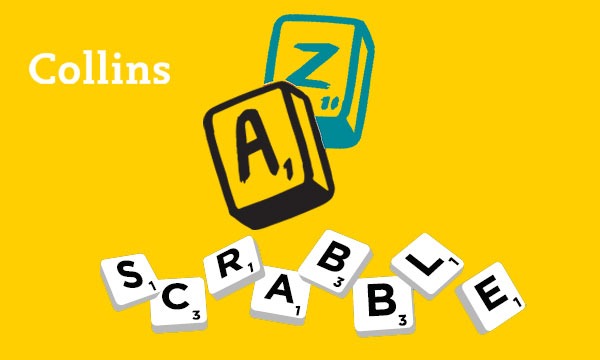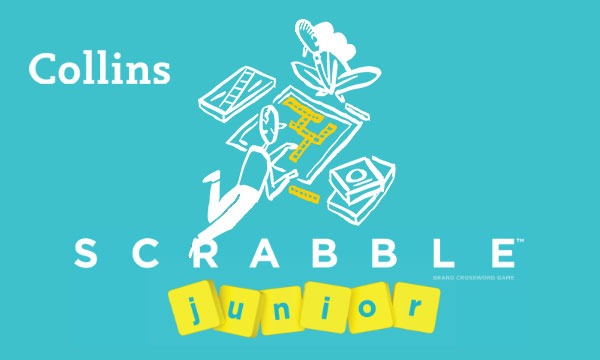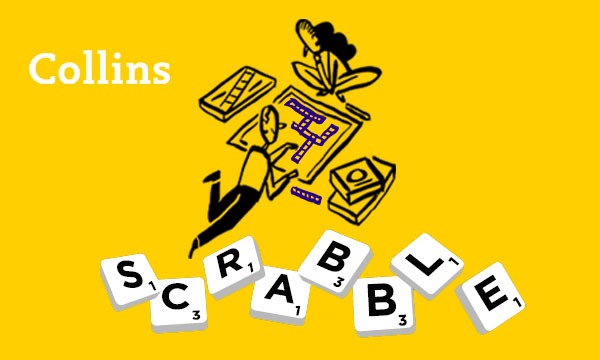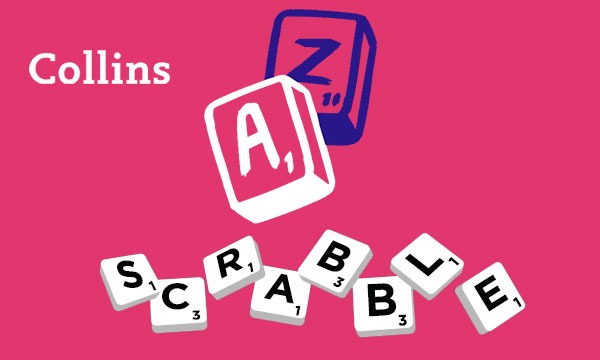With the exception of the blank, the S is the best letter in the set. The E is really good too, but with twelve Es in the bag you should normally get a reasonably reliable supply. The S is a different matter; there are just four of them, so treat them well when you get them.
The main reason why the S is such a boon is that almost all basic nouns and verbs can have an S placed after them. It’s also a good letter for putting at the beginning of words – there are more words beginning with S than with any other letter. So it can be a big help in getting a bonus word.
When you get an S, check how many there are to come. If there are still another two or three unplayed, you can have fewer qualms about playing your S for a non-bonus. You could easily pick another one, and a duplicate S can be just as much a bind as a duplicate of any other letter.
If you have the last S, you may be able to “dangle” a word so that it ends in the second column from the right or the second-bottom row. Then, provided that S is the only letter that can be placed after that word to form another, you have lined yourself up a Triple Word score for next time. Yes, your opponent might be able to block it, but it can be difficult to block safely, and gives them the worry of having to block rather than do something more constructive.
By Barry Grossman
Barry is a leading UK Scrabble player and winner of several tournaments. He is the author of Scrabble for Beginners (Chambers), Need to Know Scrabble, Scrabble – Play to Win and The Little Book of Scrabble Trickster. He has also contributed to numerous other books on the subject of words and word-games, has been a series champion of Channel 4’s Countdown, and has written four comedy series for BBC Radio 4. He lives in Hertford.
All opinions expressed on this blog are those of the individual writers, and do not necessarily reflect the opinions or policies of Collins, or its parent company, HarperCollins.



